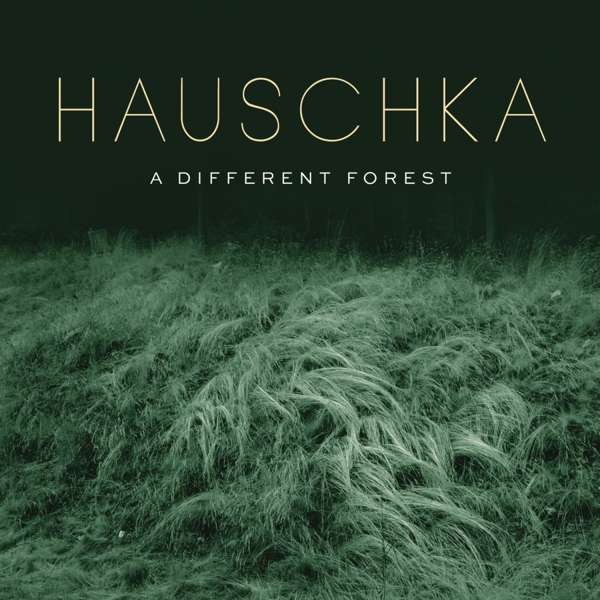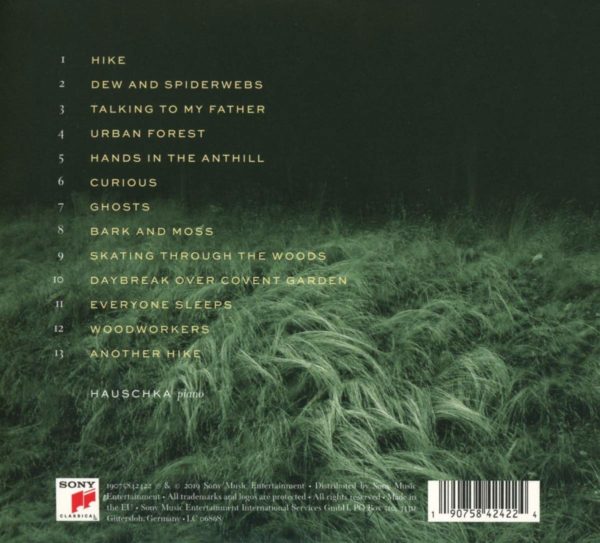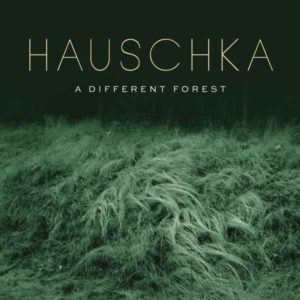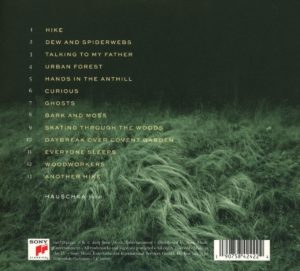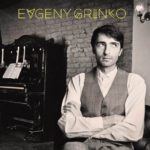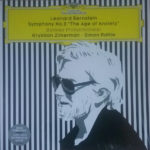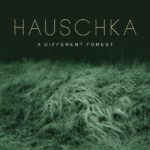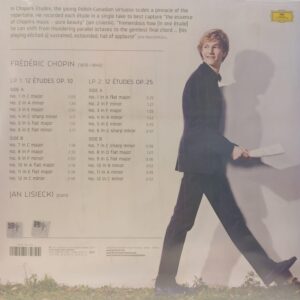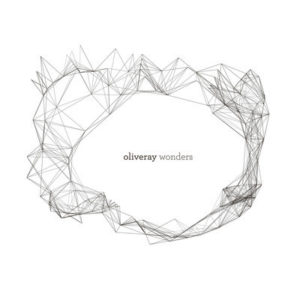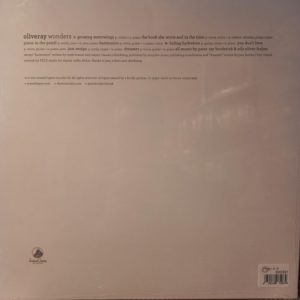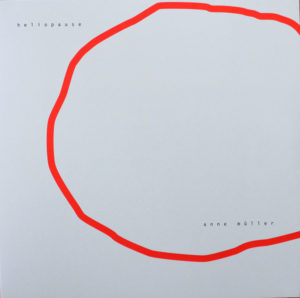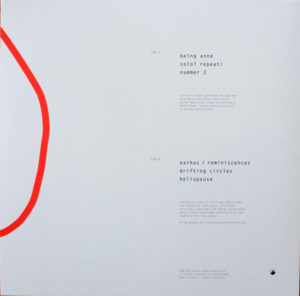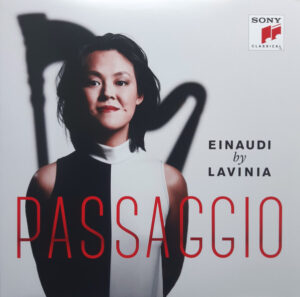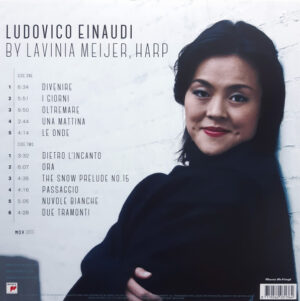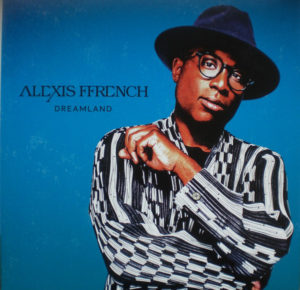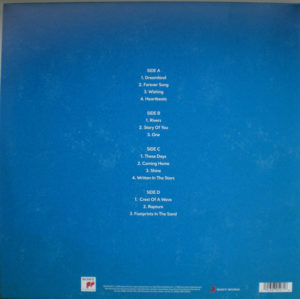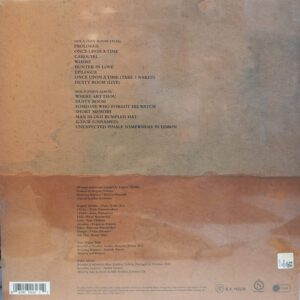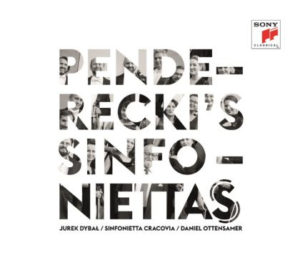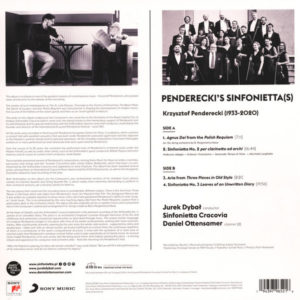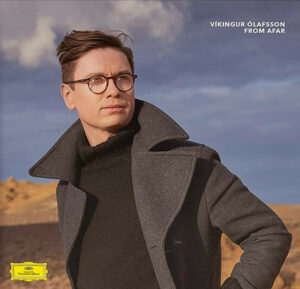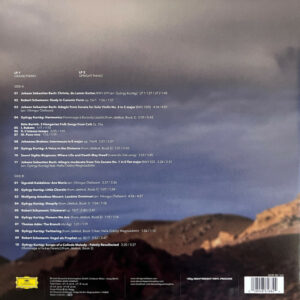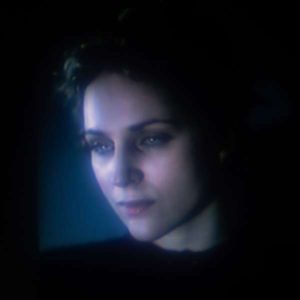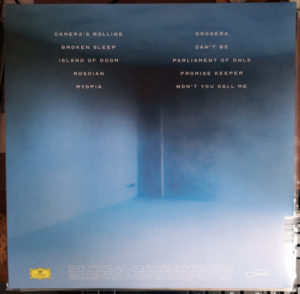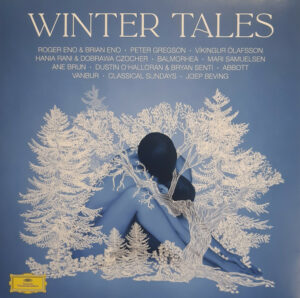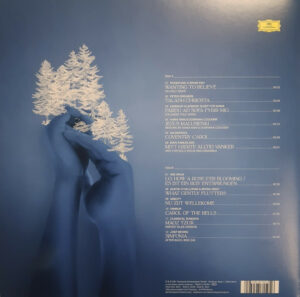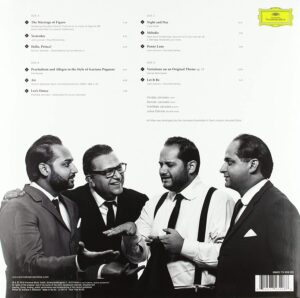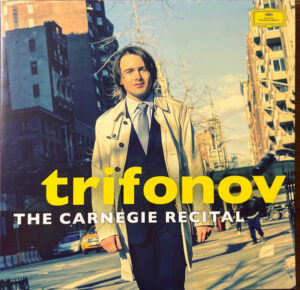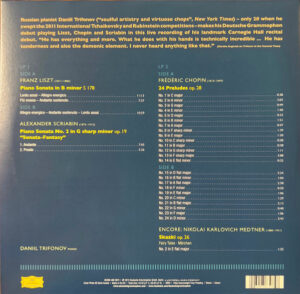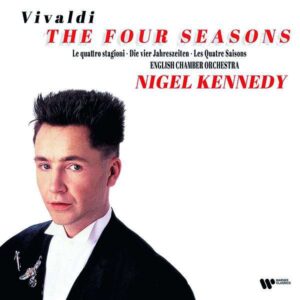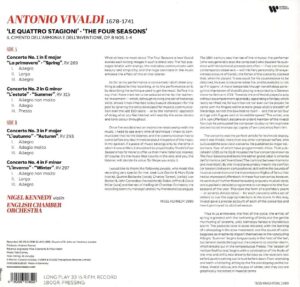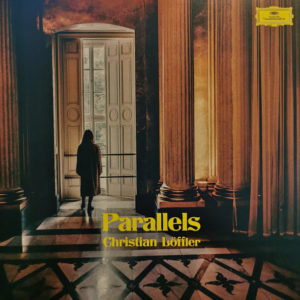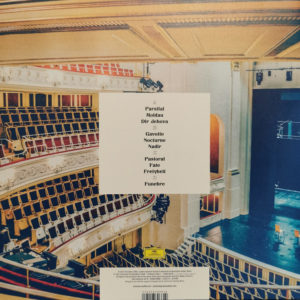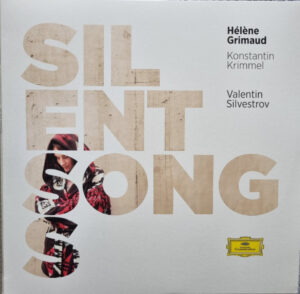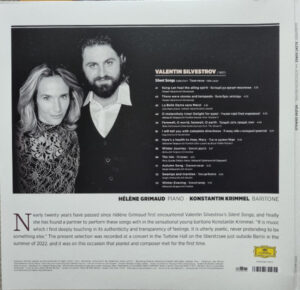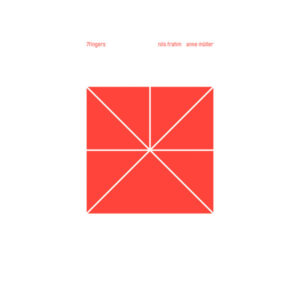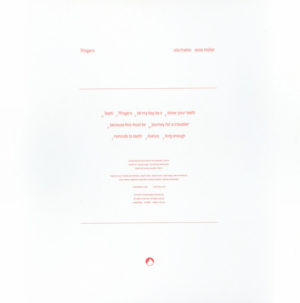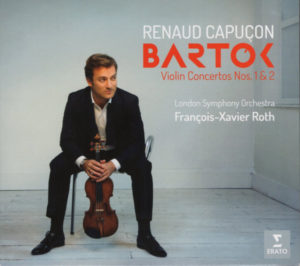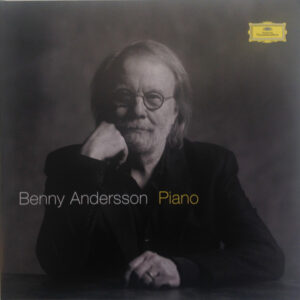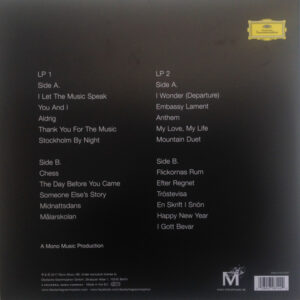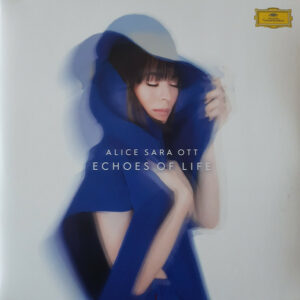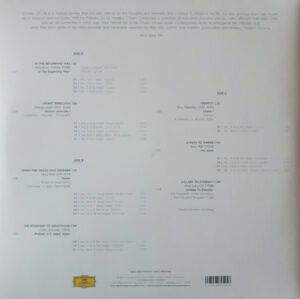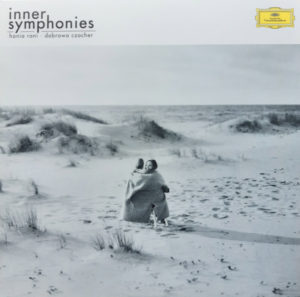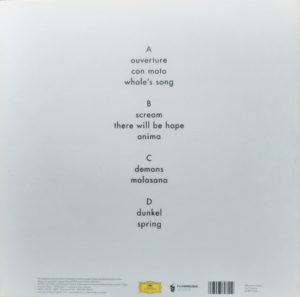HAUSCHKA – A DIFFERENT FOREST
945,00 ₺
LP * SONY * 2018 * GERMANY
KONDİSYON/KAPAK : SS (STILL SEALED) (10/10)
KONDİSYON/PLAK : SS (STILL SEALED) (10/10)
180 GR. * MP3
*ID3761*
- Ek bilgi
- ALBÜM DEĞERLENDİRMESİ
Feel free to read this sentence a couple of times if you need to: A decade before he became an experimental piano auteur called Hauschka, Volker Bertelmann played keys in a hip-hop group called God’s Favorite Dog. It was sort of a German PM Dawn, to judge from this TV performance of their song “Lake of Life.” In the clip, you can sometimes glimpse Bertelmann’s familiar floppy-haired visage behind the “Boy Meets World” extra rocking on the tambo.
It’s not a short or straight path from there to the Sony Classical label, where Bertelmann, with his new LP, joins the Olympian line of Bernstein and Boulez. But there is a subtle through line. While inching into the classical sphere, Bertelmann never stopped “dipping [his] toes in the lake of life.” This is to say that he renders broad, grand concepts as acute, confined miniatures, more attuned to weft than heft, and he plays like a blade skimming froth off the surface of existence—notably on pop-and-house-inflected fan favorites Ferndorf and Salon des Amateurs.
A Different Forest keeps with Bertelmann’s habit of crushingly literal titles (see also: Foreign Landscapes, Abandoned City). It has a very general concept about nature and civilization, as you might infer from such less-than-imaginative titles as “Hike” and, yes, “Another Hike.” But in truth, he’s burying the lede: This is a significant course change. It should have been called The Unprepared Piano, a counterpoint to the record that put him on the new music map and the process that has sustained him since. Now, rather than altering his piano’s strings and hammers with wood, metal, and paper, and using electronic effects to create ambient, dance, and orchestral timbres, his playing is mostly unadorned by interventions. The resulting album has its flat spots, but at its best, it hints that Bertelmann might have as much to say as his piano does.
The record opens with the perfectly lovely and predictable neoclassical lobby music of “Hike,” almost an etude, with tasteful left-hand chords dusking a plain interval cycling up and down. “Dew and Spiderwebs” is freer and deeper, as Bertelmann draws whorled lines across a darkly pulsing understructure. His pianism is confident throughout, especially on “Urban Forest,” where he rolls out smooth, glittering pavements and embellishes them with diegetic city sounds, and “Hands in the Anthill,” a Mozartian maze of little triumphs, with passages of showy, flowing speed. But several tracks (“Curious,” “Ghosts”) rely on the tug of well-worn harmonic shapes and the weaving of legato lines to entrance rather than ideate, persuade, or startle.
The standouts have more substance, musically and visually. The wide, soft, shining curves of “Skating Through the Woods” conjure its scene without being too literal. A granular texture at large in “Daybreak over Covent Garden” lends it a rogue subjectivity that is absent in the tautly plaited sound worlds elsewhere. But the album’s low-key best composition is profound, coming from a composer more given to zest.
“Talking to My Father” is a somber, nostalgic rumination that exemplifies the narrative potential of solo piano. Bertelmann, who often prefers to follow patterns down rabbit holes, instead gently wrestles with and develops a rich theme, moving through passages of clarity and uncertainty, joy and regret, and ending with a somehow-knowing denouement. It has the arc of a long, complex conversation, and it’s the best indication here that Bertelmann isn’t just cropping up in the top-tier classical world. He might have the vision to stay there.
www.pitchfork.com

